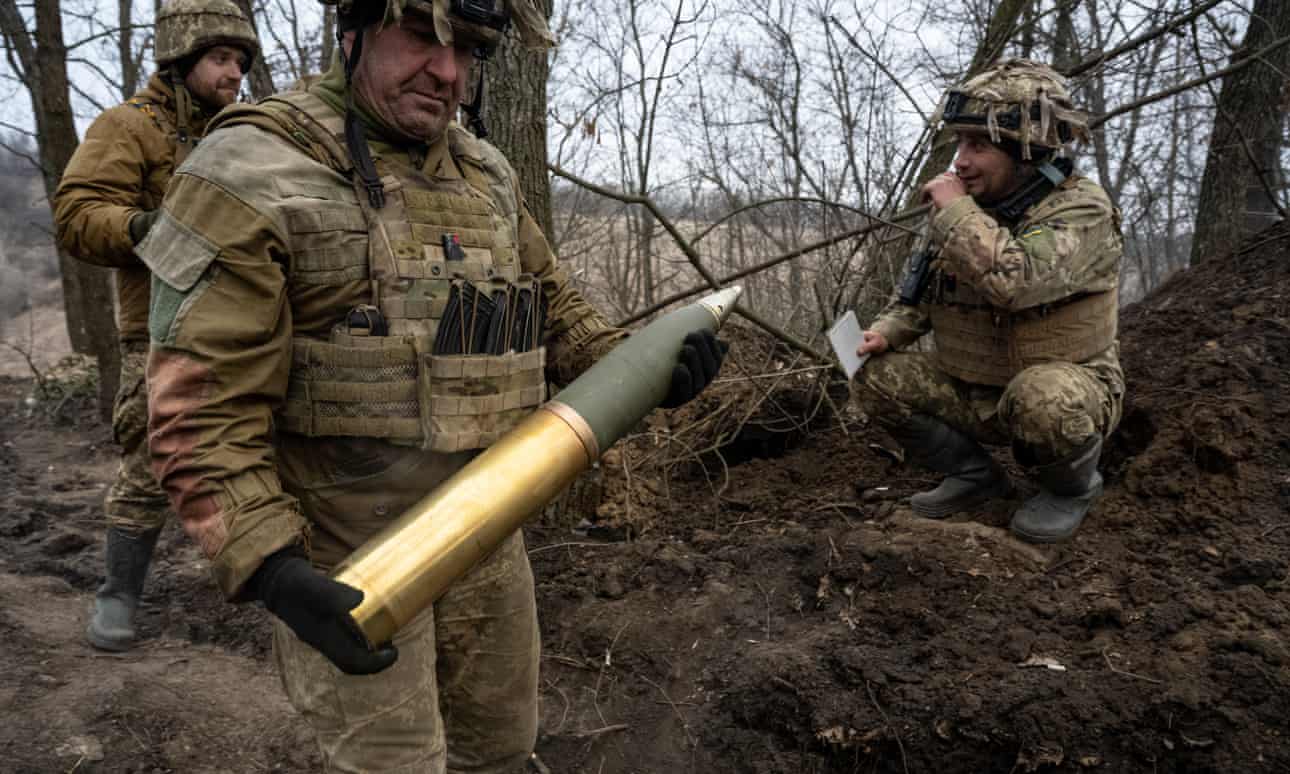Sweden has abandoned its longstanding policy of neutrality and is set to apply for NATO membership following Russia's invasion of Ukraine. While this decision is understandable due to the increased threat environment, it comes with costs for both Sweden and the wider world. Sweden has historically played a critical role as a critic, mediator, and bridge-builder in a divided world, and its move towards NATO membership may limit its ability to play such roles in the future.
Sweden's pivot can also be attributed to increased security threats, including Russian naval activity and threats against Baltic states and Finland. This shift involves psychological readjustments for the Swedes and has significant costs, such as the loss of Sweden's role as a critic, mediator, and bridge-builder in a divided world. The country's neutral stance allowed it to play an impartial role in peacekeeping operations and contribute to international development, making the decision not without consequences.
PIL DOCTRINE: NEUTRALITY ‘Neutrality’ means the particular status, defined by international law, of a State not party to an armed conflict (Armed Conflict, International). This status entails specific rights and duties in the relationship between the neutral and the belligerent States (Belligerency). On one hand, there is the right of the neutral State to remain apart from, and not to be adversely affected by, the conflict. On the other hand, there is the duty of non-participation and impartiality.
SOURCE: THE DIPLOMAT
LINK: https://thediplomat.com/2024/03/sweden-joins-nato-implications-for-the-indo-pacific/
REPORTED BY: TADDSLY NUEZ




No comments:
Post a Comment